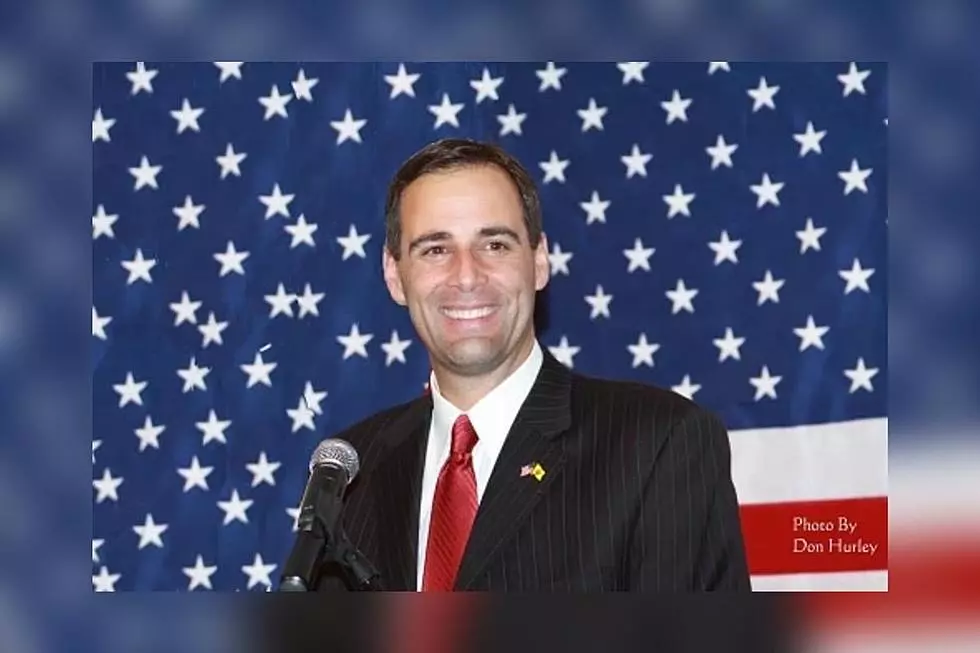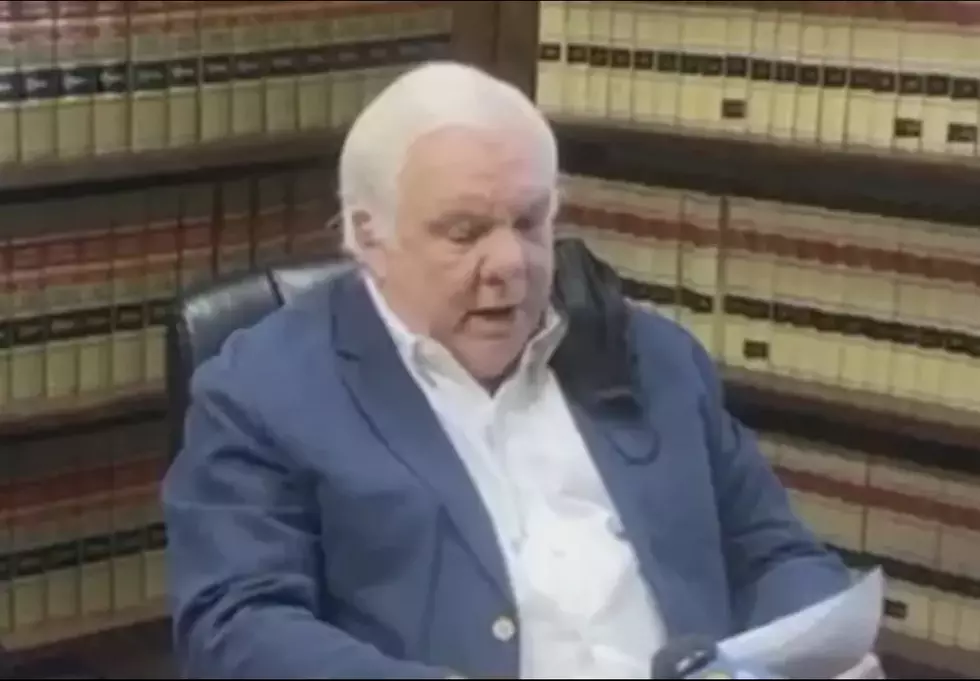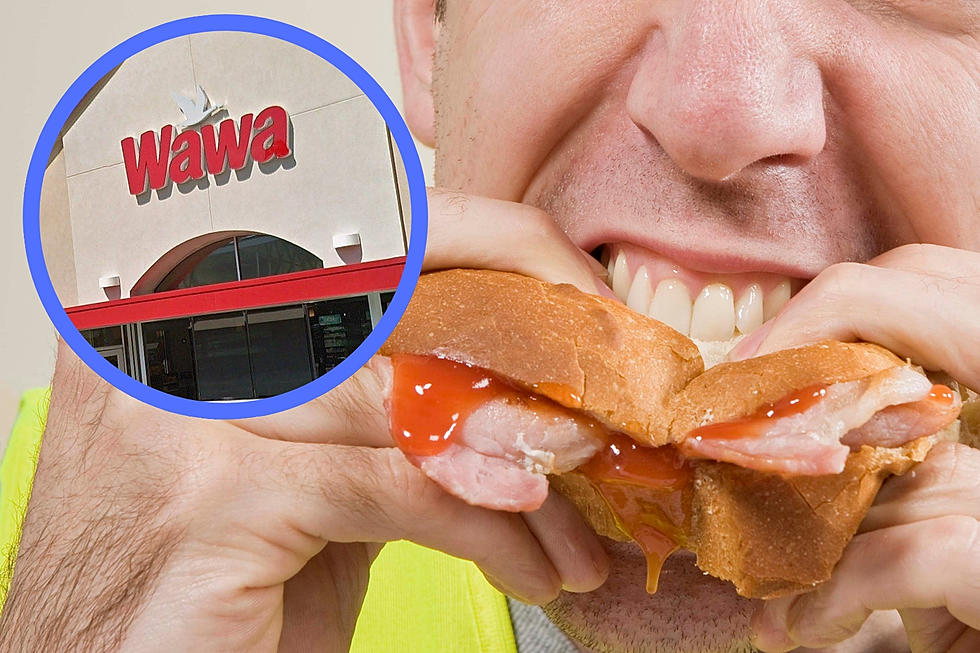
Are You Recycling Properly?
New Jersey continues to recycle at a higher rate than the rest of the nation.
According to the U.S. Environmental Protection Agency (EPA), the national recycling rate is 34.5 percent. In New Jersey, it's nearly ten percent higher at 44 percent.
Despite the above average rate, New Jersey officials said residents need to do a better job of making sure non-recyclables don't get mixed in with recyclable items.
"There has to be a much better understanding amongst everybody that what people are putting in their blue bins are commodities that have a value in the marketplace, but in order to be able to extract that value you can't have plastic bags in there," said Guy Watson, chief of the Bureau of Recycling and Hazardous Waste Management of the New Jersey Department of Environmental Protection.
During a recent visit to a single stream recycling facility, Watson saw firsthand what happens when material that can't be recycled gets mixed with stuff that is allowed to be recycled.
"Every couple of hours they have to shut the entire thing down, and pull the plastic bags out of the conveyer systems, out of the screens," Watson said. "That raises the cost of running the operation."
Watson said all plastic containers have a number, and three chasing arrows on the bottom, but not all recycling facilities can handle all types of plastics.
"I think people need to find out for sure what types of plastics their recycling program can actually recycle," Watson said. "If it's not appropriate it becomes a contaminant. It's waste at the end of the line, and waste costs money."
Some counties run the recycling program for their towns, but most requirements are the same across the board.
"Legally the towns are supposed to inform residents twice a year of what their recycling responsibility and the requirements are, but I'm not so sure they do that," Watson said.
Residents that want to learn more about their recycling program where they live should be able to find information on their municipal website. There are some towns in New Jersey that hire private companies to run their recycling program, but people should be able to get the information from those companies as well.
Watson said the 2008 Recycling Enhancement Act, which puts a surcharge on garbage that's not recycled, has provided recycling grants to towns. He said those grants have helped to increase how much material is being recycled.
Under the act, recycling that is picked up from homes or apartment complexes in New Jersey is brought to one of 24 intermediate processing facilities in New Jersey, where it's separated and then either used locally or sold, depending on the material.
Officials recommend the people save any printed recycling information they receive, and post it next to where they keep their recycling bin so they have a handy reminder of what gets recycled and what doesn't.
Recycling has been required by law in the Garden State since 1987.
In 2013, Americans generated about 254 million tons of trash and recycled and composted about 87 million tons of this material, according to the EPA.
More From WPG Talk Radio 95.5 FM










